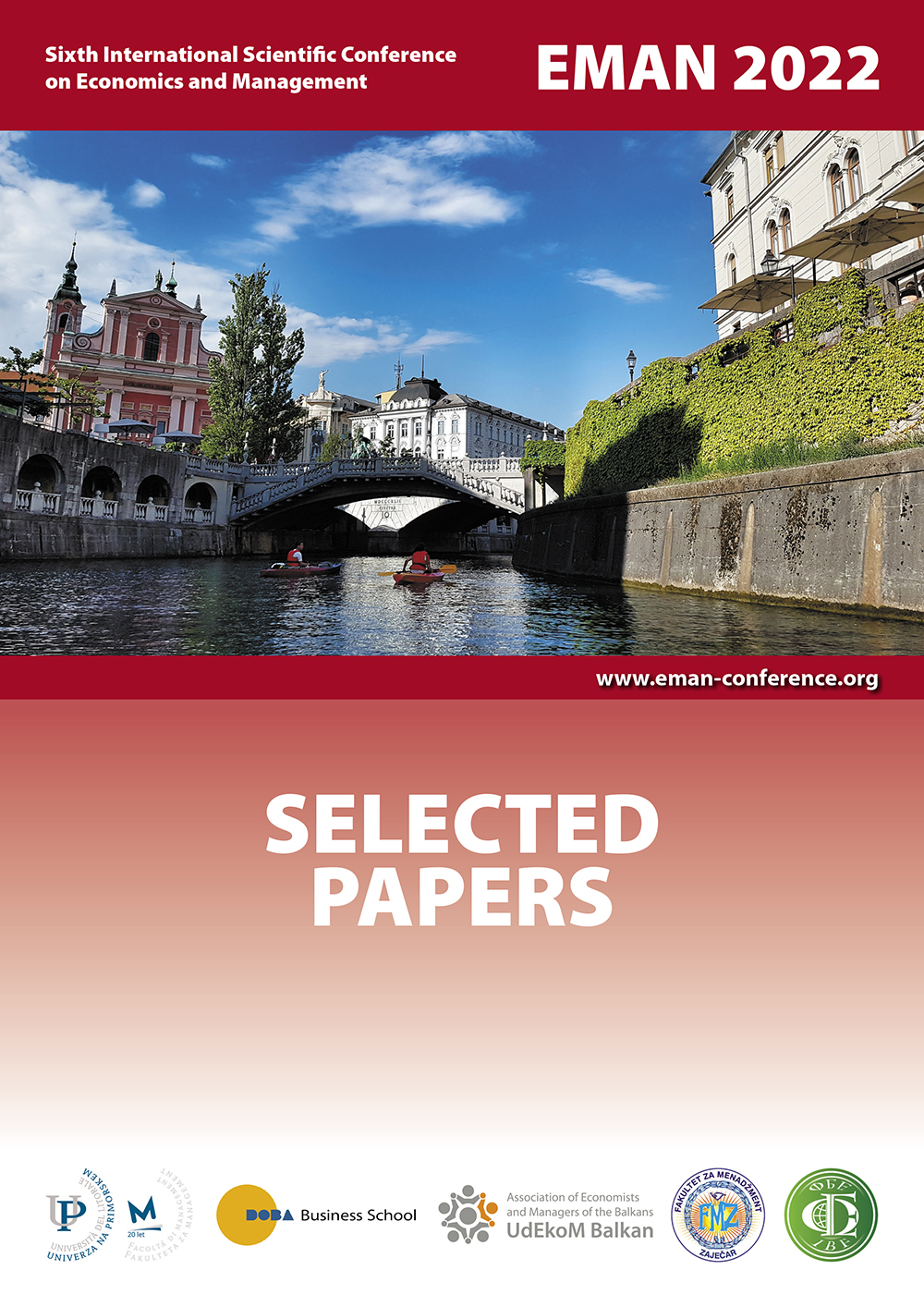Capital Market Efficiency in Asia: An Empirical Analysis
Capital Market Efficiency in Asia: An Empirical Analysis
Author(s): Catarina Revez, Rui Dias, Nicole Horta, Paula Heliodoro, Paulo Alexandre
Subject(s): Social Sciences, Economy
Published by: Udruženje ekonomista i menadžera Balkana
Keywords: Asian Markets; Variance ratio; Random walk; Arbitrage
Summary/Abstract: This paper aims to test efficiency, in its weak form, in the capital markets of the Philippines (PSEi), South Korea (KOSPI), Indonesia (JKSE), Thailand (SET), Malaysia (KLCI), China (SSEC) and Hong Kong (HSI) over the period from January 2, 2017, to February 17, 2022. The return series shows signs of deviation from the normality hypothesis, given the skewness and kurtosis coefficients. The results, therefore, support the conclusion that the random walk hypothesis is not supported by the indices, the values of the variance ratios are in all cases less than unity, implying that the returns are autocorrelated over time and there is mean reversion in all indices. The results obtained allow for the rejection of the random walk hypothesis and the informational efficiency hypothesis of financial markets. These findings also open room for market regulators to pursue measures to ensure better information in these regional markets.
- Page Range: 49-57
- Page Count: 9
- Publication Year: 2022
- Language: English
- Content File-PDF

